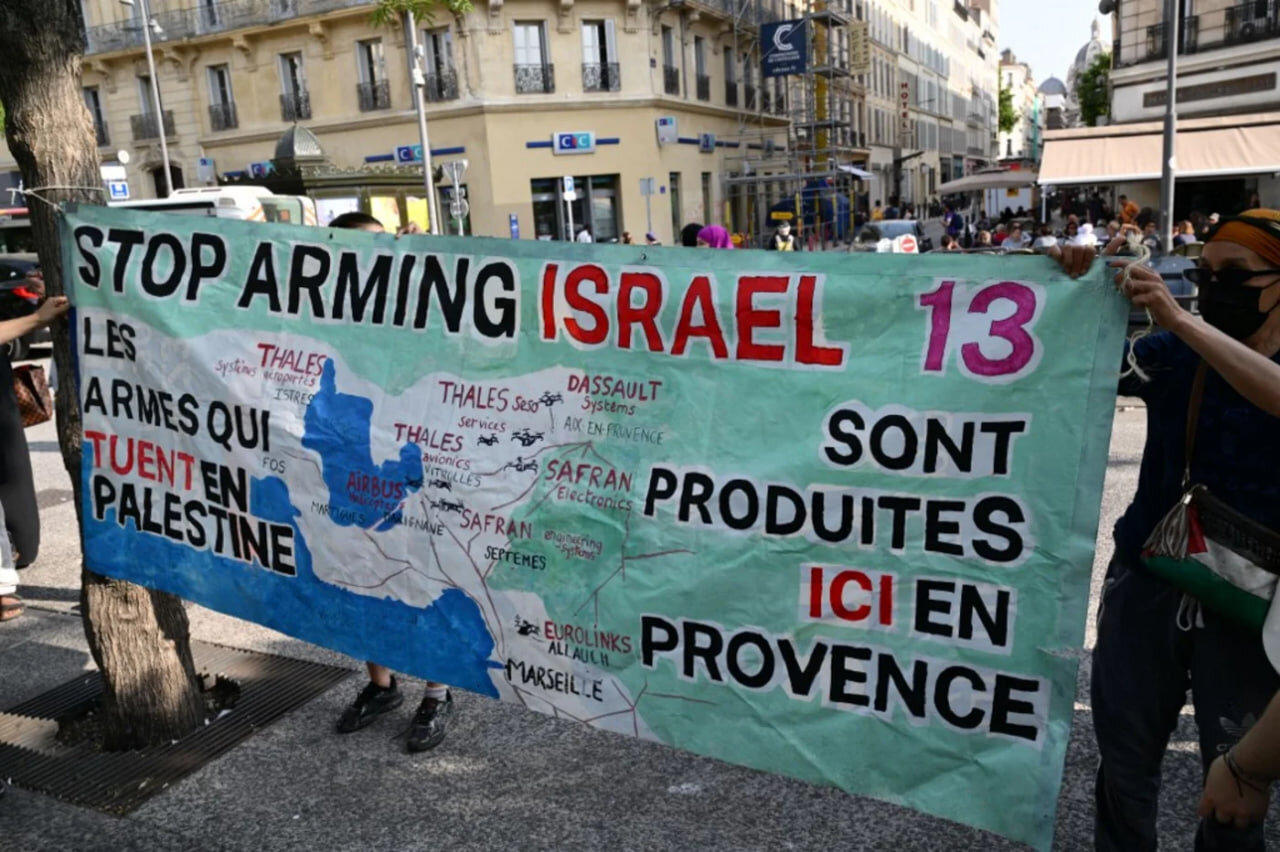
Similar Posts
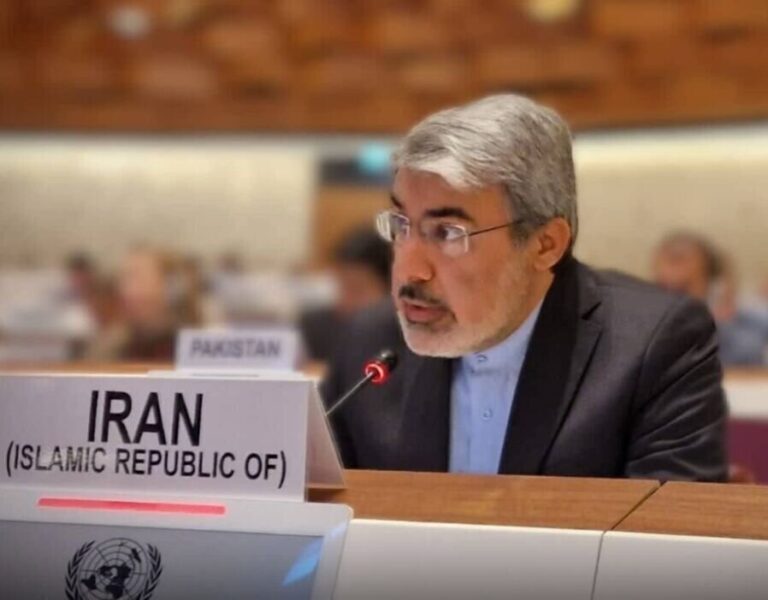
Tehran Slams UNHRC’s Anti-Iran Resolution: Diplomatic Tensions Escalate
The UN Human Rights Council’s recent resolution on Iran has sparked controversy, prompting strong disapproval from Iranian Ambassador Ali Bahreini. He criticized the resolution as unrealistic and biased, arguing it misrepresents Iran’s human rights situation and is politically motivated. Bahreini called for a more balanced evaluation of human rights across member states, warning that such resolutions could hinder diplomatic dialogue. He emphasized Iran’s efforts to improve human rights and highlighted the complexities of its socio-political landscape, asserting that external pressures exacerbate tensions. The discourse reflects ongoing challenges in Iran’s relations with international human rights organizations.
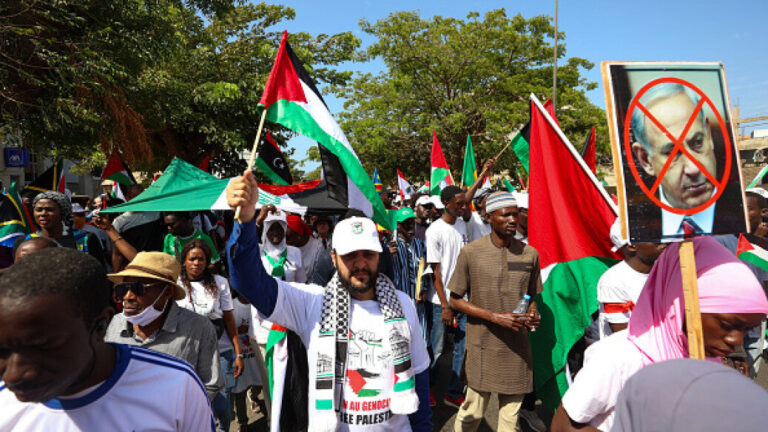
Global Outcry: Mass Protests Erupt Worldwide Over Gaza Conflict
On April 14 and 15, global protests erupted in support of Gaza, condemning Israeli military actions and U.S. support. Notably, Palestinian student activist Mohsen Mahdawi was arrested during a citizenship interview, with his legal team arguing it was retaliation against pro-Palestinian activism. Protests spanned Turkey, Europe, Tunisia, South Korea, and Senegal, where demonstrators called for justice, an end to violence, and lifting blockades on Gaza. The widespread demonstrations reflect escalating international anger over the conflict and urge governments to reconsider foreign policies regarding Israel, highlighting the urgent need for solidarity and humanitarian action for Palestinians.
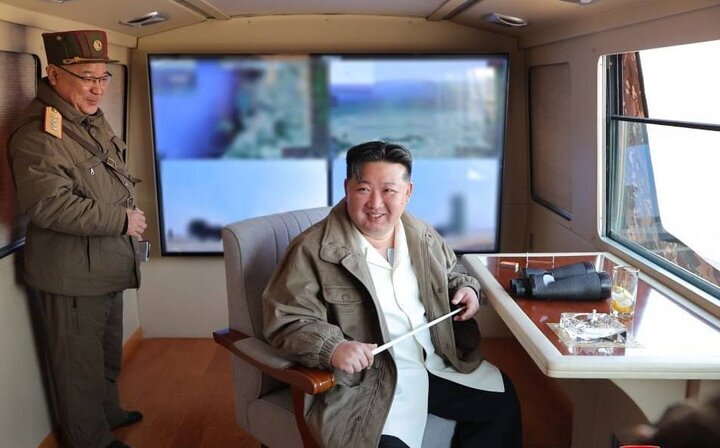
North Korea Unveils Advanced Anti-Aircraft Missile System in Latest Test Fire
North Korea has successfully tested new weapons systems, as reported by the Korean Central News Agency (KCNA), amid escalating tensions following a joint military exercise between South Korea and the US. The test demonstrated the systems’ “high reliability,” with Supreme Leader Kim Jong-un present, emphasizing their potential as a “major defense weapon.” This development reflects North Korea’s commitment to enhancing military readiness in response to perceived threats. Analysts are monitoring the implications of these advancements for regional stability and international relations, as North Korea continues to conduct missile tests, asserting them as essential for national defense against perceived aggression.
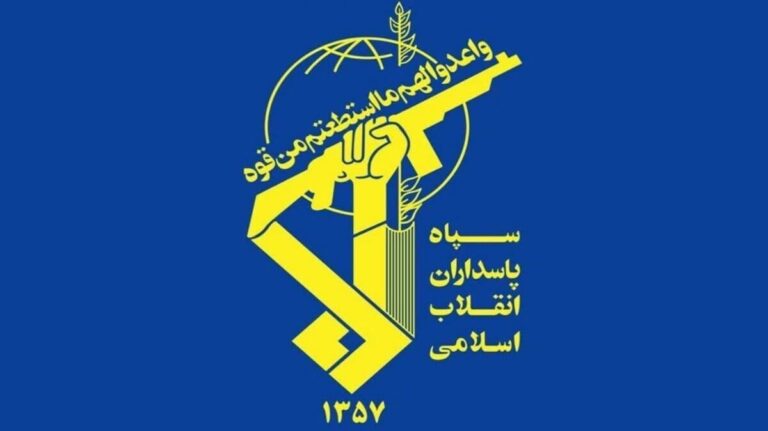
Qassam Martyrs: Paving the Way for the Future of Resistance
The martyrdom of Mohammad Deif, commander of the Al-Qassam Brigades, has deeply impacted the Islamic Resistance Front and garnered a heartfelt response from the Islamic Revolutionary Guards Corps (IRGC). Deif’s death, alongside other senior leaders, is seen as a significant loss for the Palestinian cause and the broader Arab and Muslim communities. The IRGC emphasized the legacy of these commanders as symbols of resilience in the fight against the Zionist regime. This tragedy is expected to galvanize support for the resistance, inspiring future fighters to continue the struggle for liberation and justice in Al-Quds.
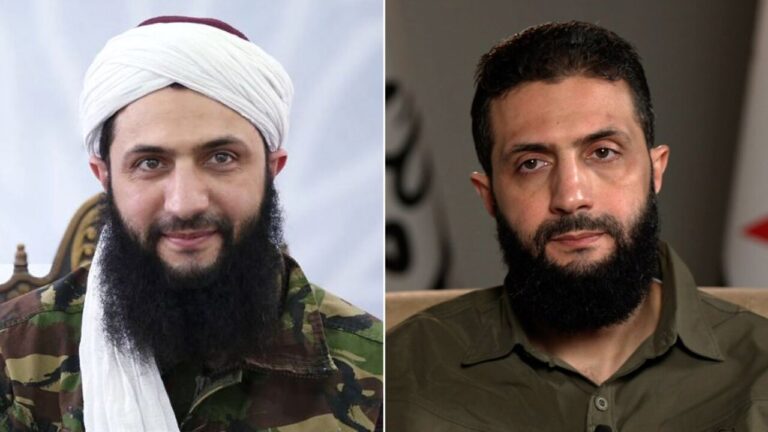
Trump Set for Historic Meeting with Syrian Leader Amid Saudi Arabia Visit
President Trump is set to meet with Saudi officials next month, following mediation by Crown Prince Mohammed bin Salman. The visit aims to strengthen U.S.-Saudi ties amid current geopolitical challenges. Key discussion points include enhancing security and economic cooperation, promoting regional stability, addressing energy policies amid fluctuating oil prices, and counterterrorism efforts. This meeting holds implications for U.S. foreign policy, particularly as Trump seeks to contrast his approach with the Biden administration’s handling of Saudi relations. Observers will closely monitor the outcomes, which could reshape alliances in response to emerging global challenges in the Middle East.
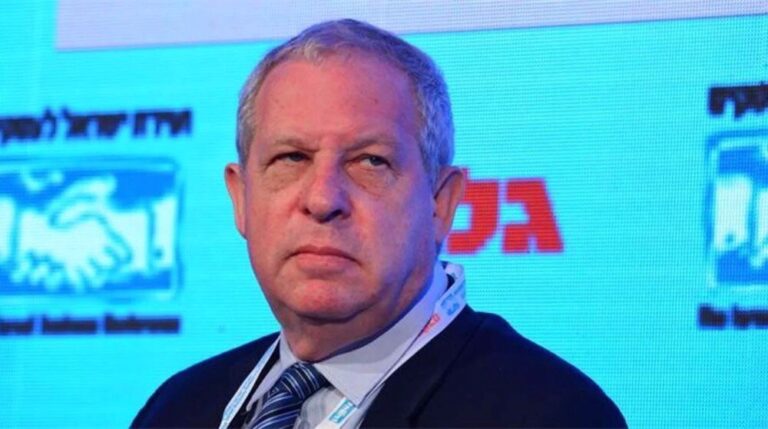
‘Generals’ Plan Architect Admits ‘Absolute Failure’ in Northern Gaza Depopulation Efforts
The conflict in Gaza has intensified scrutiny globally, particularly after retired Israeli general Giora Eiland criticized Israel’s military strategy as an “absolute failure.” In an opinion piece, he stated that Israel has not achieved key objectives, such as dismantling Hamas’ military power or ensuring the safe return of residents. Eiland highlighted Hamas’s resilience and governance, raising concerns over its classification as merely a terrorist group. Critics of Israel’s “Generals’ Plan” view it as a long-term ethnic cleansing effort, exacerbating the humanitarian crisis. Tensions remain high, with recent delays in the release of Israeli captives further complicating the fragile ceasefire.